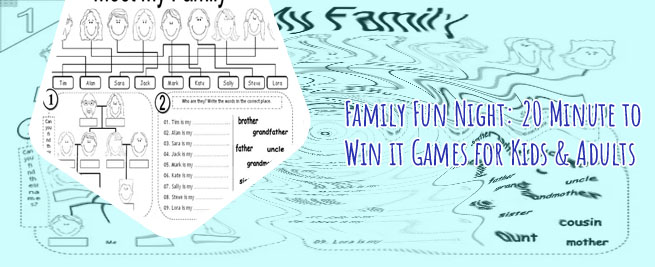


Looking for fun and educational domino games for kids in India? Check out these four articles that provide great ideas and tips for playing domino games with Indian players. From traditional Indian variations to modern twists on the classic game, these articles will help you keep your kids entertained and engaged while learning valuable skills.

Domino games have been a popular pastime for children in India for generations, providing entertainment and fostering cognitive skills. These traditional games are not only fun to play but also teach important lessons such as strategy, critical thinking, and teamwork. Here are some classic Indian domino games that kids can enjoy:
Muggins: Also known as All Fives, Muggins is a simple yet engaging game where players match dominoes with a total number of pips divisible by five. The objective is to score points by creating multiples of five with the open ends of the layout.
Matador: In Matador, players aim to form a line of dominoes where the sum of the ends is a multiple of five. The game requires strategic thinking and careful planning to outsmart opponents and block their moves.
Bergen: Bergen is a game of skill and strategy where players aim to be the first to empty their hand of dominoes. By matching tiles and creating chains, players can strategically manipulate the layout and gain an advantage over their competitors.
Sniff: Sniff is a fast-paced domino game where players race to match their tiles with the open ends of the layout. The game tests reflexes, pattern recognition, and quick thinking
Domino games are a fun and effective way to teach kids math skills in India. Research has shown that playing with dominoes can help children develop their counting, addition, subtraction, multiplication, and division skills. By using the dots on the dominoes, kids can visually see and understand numerical concepts, making learning math more engaging and interactive.
One study conducted by the National Council of Teachers of Mathematics found that students who played domino games regularly showed significant improvement in their math abilities compared to those who did not. The study also showed that children who played domino games had better problem-solving skills and were more confident in their math skills.
In India, where math education is highly valued, incorporating domino games into the curriculum can be a valuable tool for teachers. Not only do these games help reinforce math concepts, but they also promote critical thinking, strategy development, and social skills. Additionally, playing with dominoes can help children develop patience, concentration, and perseverance, all of which are essential for academic success.
In conclusion, teaching kids math skills through domino games is a fun and effective way to engage children in learning. By incorporating these games into the classroom, teachers can help students develop a strong foundation in math and set them up for future academic success.
Dominoes is a classic game that has been enjoyed by people of all ages for generations. It is a fun and educational way for kids to develop their cognitive skills while having a great time. One way to make domino games even more exciting for kids is by incorporating elements of Indian culture into the gameplay. This not only adds a unique twist to the game but also helps children learn about the rich heritage and traditions of India.
Here are some fun ways to infuse Indian culture into domino games for kids:
Use dominoes with traditional Indian motifs: Instead of using regular domino tiles, opt for ones that feature images of popular Indian symbols such as the lotus flower, peacock, or traditional Indian patterns. This will not only make the game visually appealing but also introduce kids to iconic Indian elements.
Teach kids about Indian festivals: Before starting a game of dominoes, take a few minutes to talk to kids about popular Indian festivals like Diwali, Holi, or Dussehra. You can then incorporate elements of these festivals into the game, such as using colored domino tiles to represent Holi colors or lighting up diyas as part of the gameplay.
Introduce Indian languages: Another fun way to include Indian
Domino games have long been a popular pastime for children in India, and for good reason. Not only are these games fun and engaging, but they also offer a wide range of benefits for kids. One of the key advantages of playing domino games is that they help children develop critical thinking and problem-solving skills. By strategizing and planning their moves, kids learn how to anticipate the consequences of their actions and make sound decisions.
Additionally, playing domino games can improve children's math skills. As kids count the dots on the dominoes and calculate their total value, they are able to practice basic arithmetic in a fun and interactive way. This can help them build a strong foundation in mathematics that will serve them well in school and beyond.
Moreover, domino games can also help children improve their social skills. By playing with others, kids learn how to take turns, communicate effectively, and work as a team towards a common goal. This can help them develop important skills that will benefit them in their relationships with peers and adults.
In conclusion, playing domino games can provide a wide range of benefits for kids in India. From improving critical thinking and math skills to enhancing social abilities, these games offer a fun and educational way for children to learn and grow. So next